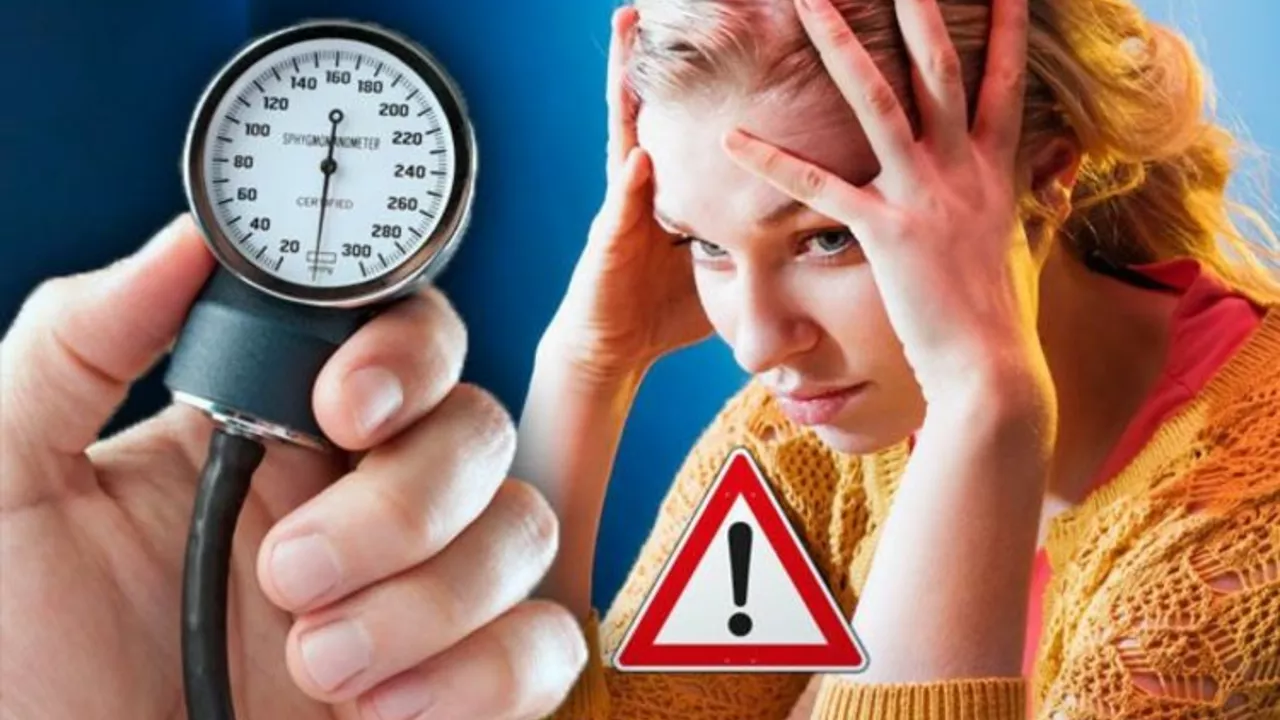
Trandate Uses, Side Effects, and Safety: Your Guide to Labetalol
Unravel Trandate (labetalol) for treating high blood pressure. Learn real-life uses, smart safety tips, side effects, and answers to common FAQs. Written with a human touch.
High blood pressure can quietly damage your heart, kidneys, and brain. You might feel fine and still be at risk. The good news: small, smart changes make a real difference fast. Below are clear, practical steps you can use today to check your numbers, lower your readings, and avoid common mistakes.
Buy a validated upper-arm monitor — wrist gadgets can lie. Sit quietly for 5 minutes before measuring. Put your feet flat, arm at heart level, and take two readings one minute apart. Do this twice a day (morning and evening) for a week to get a reliable baseline. Record the date, time, and each reading.
Targets vary by age and health, but many doctors aim for below 130/80 mmHg for people at higher risk. Share your home log with your clinician — it’s more useful than a single office reading.
Cut sodium where you can: restaurant and packaged foods are the biggest culprits. Swap processed snacks for fresh fruit, and flavor food with herbs, lemon, or vinegar. Aim for under 1,500–2,300 mg sodium daily if you have hypertension.
Move every day. Brisk walking for 30 minutes most days lowers pressure and helps lose pounds. Strength training twice a week adds extra benefit. If you’re short on time, three 10-minute walks still help.
Lose even 5% of body weight and your numbers can drop noticeably. Limit alcohol to one drink a day for women and two for men. Quit smoking — each cigarette temporarily spikes blood pressure and damages arteries.
Boost potassium naturally with bananas, potatoes, beans, and spinach unless your doctor advises otherwise. Good sleep matters: aim for consistent sleep times and 7–8 hours nightly.
If lifestyle changes aren’t enough, medications work reliably. There are many classes: ACE inhibitors, ARBs, calcium channel blockers, diuretics, and beta-blockers. If you see articles on our site like “Buy Micardis Online Safely,” use them to learn about options and safe pharmacy practices. Never mix meds without talking to your prescriber — some over-the-counter drugs (like decongestants and certain NSAIDs) raise blood pressure.
When to call your doctor: readings consistently above 180/120, chest pain, shortness of breath, sudden weakness, or confusion are emergencies — call emergency services. For persistent elevated readings (e.g., multiple days above your target), make a routine appointment. Bring your home log and a list of all meds and supplements.
Small changes add up. Start with reliable home checks, fix one habit this week (like cutting salt or adding a daily walk), and talk to your doctor about meds if numbers don’t fall. For safe drug info or online pharmacy tips, check our site guides — practical help is just a click away.

Unravel Trandate (labetalol) for treating high blood pressure. Learn real-life uses, smart safety tips, side effects, and answers to common FAQs. Written with a human touch.

Well, folks, you know how sometimes you feel like your head is about to explode? Could be a pesky headache going hand in hand with high blood pressure, just like peanut butter and jelly, only less tasty. Apparently, these two are quite chummy, with high blood pressure sneakily intensifying those throbbing headaches. It's not a guaranteed party invite, mind you. Some people with high BP won't have headaches at all, while others might feel like a drumline is having a parade in their skull. So, next time you have a headache that feels like a tiny Hulk is trying to burst out of your forehead, it might be worth checking your blood pressure. Stay healthy, friends!